5 relationship lessons from ‘Love Island’ season 7, according to therapists
We spoke to four relationship therapists who shared the major lessons Love Island viewers could learn from the popular dating
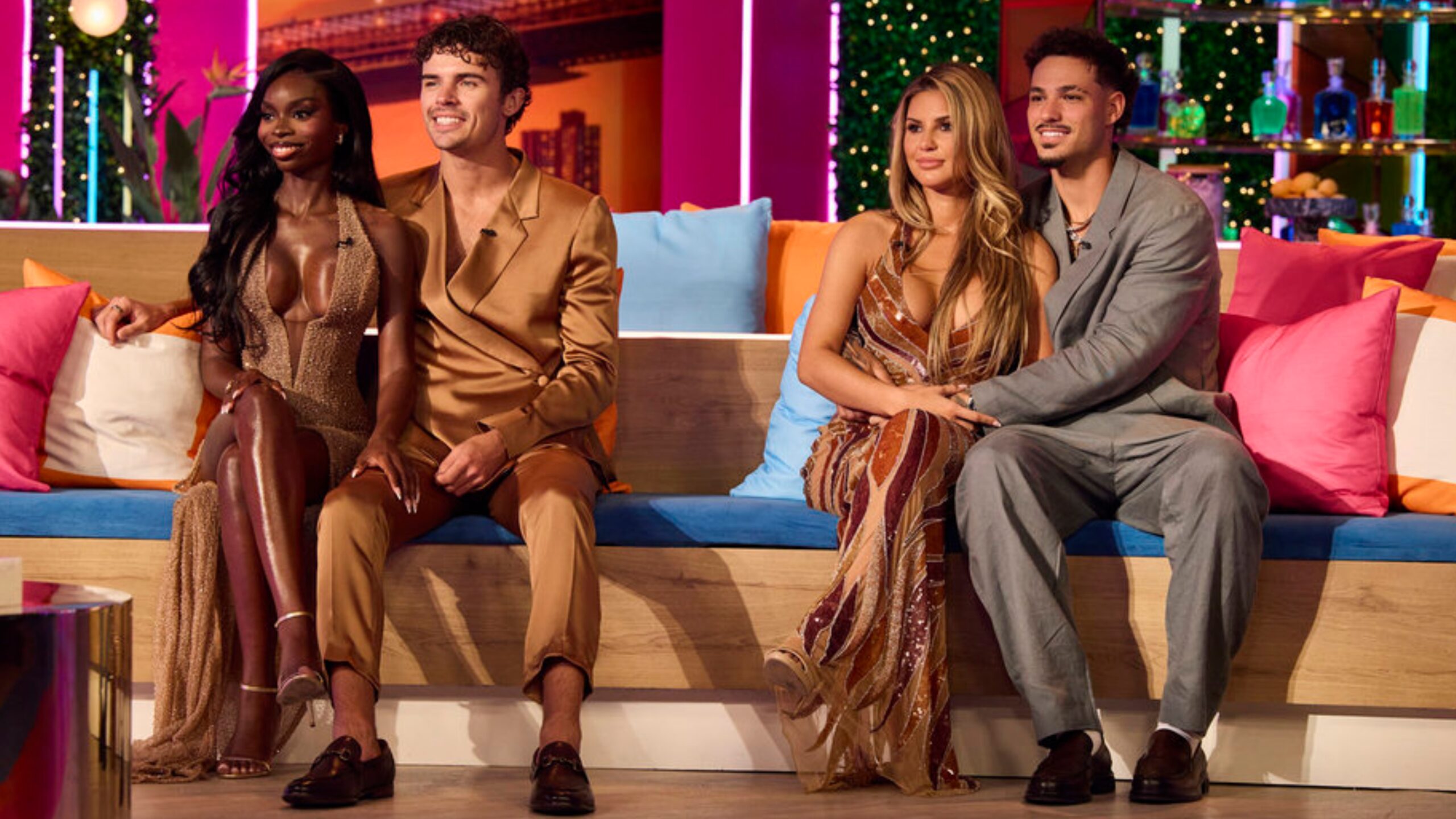
We spoke to four relationship therapists who shared the major lessons Love Island viewers could learn from the popular dating competition.
This summer, “Love Island” season 7 was impossible to escape. Timelines were flooded with recaps, “Twitter” threads, think pieces, and more than a few heated debates about race and representation. The chatter felt unavoidable…sometimes suffocating. But somewhere between the drama and the discourse, one central theme got pushed aside: love.
Despite its title, this season of “Love Island” often felt like anything but. Viewers got doses of Drama Island, Friend Island, and occasionally Freaky Island. Only a few couples are still standing after the July finale, but the messy, complicated dynamics inside the villa offered plenty of insight into modern dating. To unpack it all, I sat down with four relationship experts and therapists. Here’s what they had to say.
1. Unhealed wounds don’t stay hidden
Whether it was an Islander shutting down when things got too real or clinging tighter for reassurance, attachment styles were on full display. Therapist and Mind Matter Mantra founder and CEO Jennifer Ochiagha explains that unresolved patterns don’t disappear under pressure—they get louder.
Dating coach Brittany “Bree” Jenkins echoed the point: “Unhealed trauma and wounds that we don’t address, absolutely will show up in our dating and social relationships, no matter how much PR training, how much beauty, how much charisma you have, [they are] going to be revealed, and it will cause a bit of a mess.”
2. Vulnerability can connect…or manipulate
The show encouraged emotional openness, but therapist Denise Brady noted that not all vulnerability is genuine. “People sometimes are performative with authenticity and vulnerability, rather than being actually vulnerable,” Brady added. “Emotional openness was encouraged on the show, but at times it felt kind of performative in order to manipulate somebody and weaponize it. I think we don’t talk enough about how vulnerability can be weaponized in relationships, and how people have so much, once again, trauma related to being open and vulnerable that they shut down in the next relationship because it was so weaponized.”
Real connection isn’t about a teary speech; it’s about emotional safety. As Ochiagha put it, “emotional regulation is more attractive than grand gestures.”
“Big speeches and flashy recouplings made for great TV, but what truly stood out were the moments when someone stayed calm in the face of chaos, validated their partner’s feelings, or chose dialogue over drama. That’s what real emotional safety looks like,” she continued. 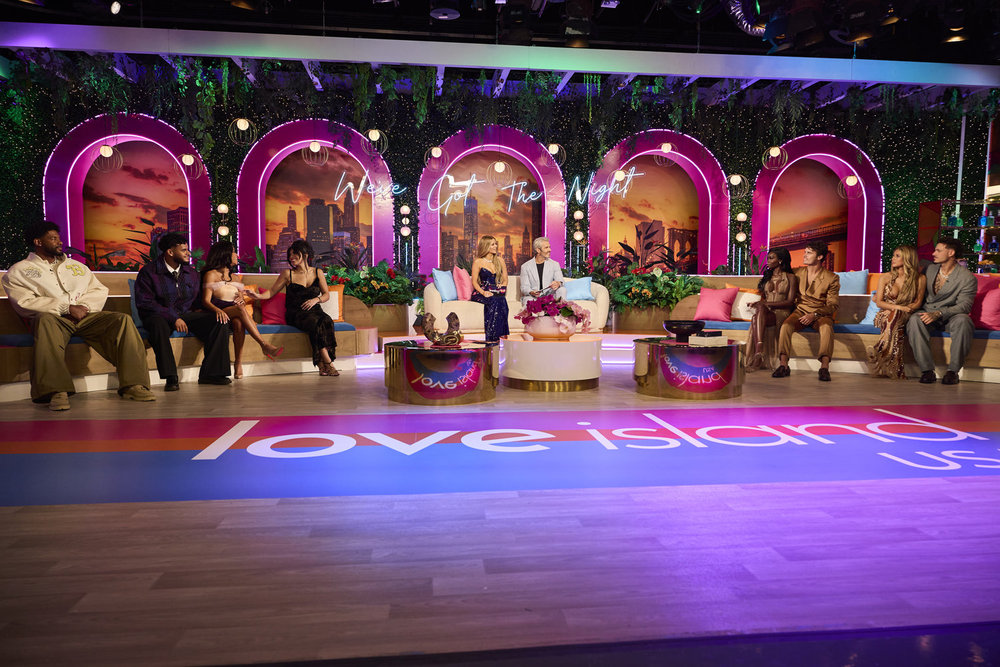
3. Accountability and awareness go both ways
Healthy relationships require more than apologies; they need accountability. As Ochiagha reminded us: “Multiple Islanders deflected blame or failed to take ownership of how their actions affected others. Healthy relationships require emotional accountability, not just saying ‘I’m sorry,’ but actually showing behavioral change over time.”
Therapist and licensed social worker, Tierra Burns, also pointed out that self-awareness alone isn’t enough. “It’s crucial to build a life of distress tolerance [the ability to endure difficult emotions and stressful situations without making them worse] and practice thought reframing, because self-awareness alone isn’t enough if you want real attraction,” Burns explained. “If you really want a relationship to progress, purpose, stability, and to grow, you have to also be aware of your partner’s patterns.”
Relationships grow when both people are curious, not defensive, about learning and listening to each other’s experiences.
4. Chemistry isn’t the same as compatibility
Those initial butterflies and excitement are lovely, but Ochiagha reminded us they won’t carry you through the real world:
“Chemistry needs compatibility to last. It’s easy to be enchanted by someone when you’re surrounded by palm trees and pretty people. But sustainable relationships need shared goals, emotional resilience, and a mutual commitment to growth. That’s the real test after the villa ends.”
Chemistry might spark the flame, but compatibility and intentional care keep it burning. 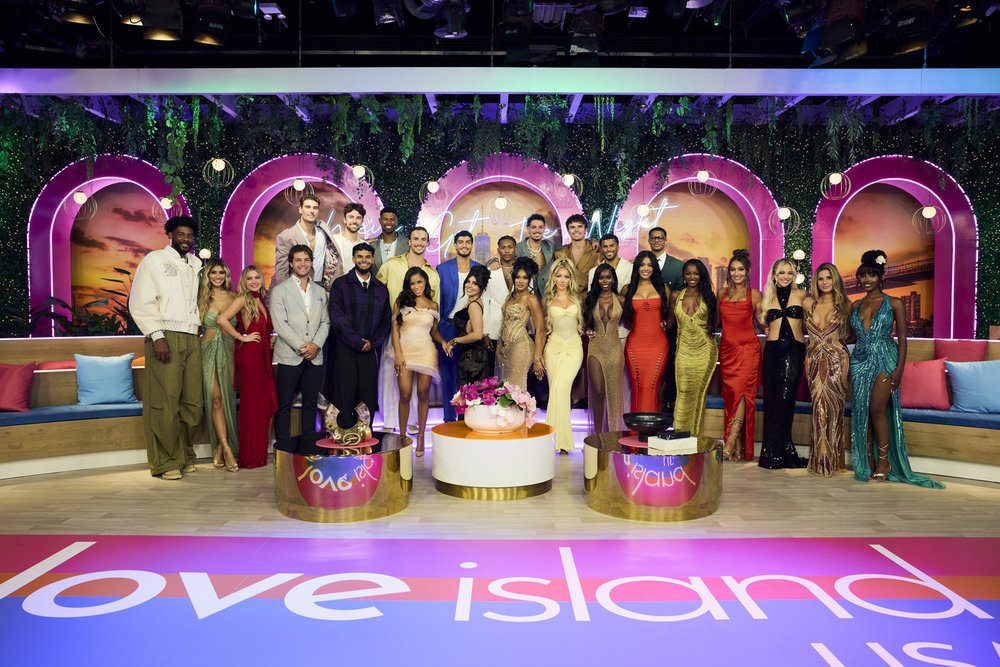
5. You are enough, and the right person will see that
Sometimes the biggest lesson is the simplest: you don’t have to over-perform to be loved. Jenkins highlighted how powerful and admirable Amaya’s confidence in herself was. “Amaya’s belief in herself and her values is really admirable, and it shows you that because she had a deep belief that she did not succumb to the gaslighting,” Jenkins noted. “She believed, ‘I’m a good person. My emotions are a strength of mine. Somebody else will like it.”
But as Brady noted, many people carry the wound of being told they’re “too much”: “The label of ‘being too much’ and being a ‘cry baby’ goes back to childhood… when the reality of it is that people were so uncomfortable with you showing emotion, you being vulnerable, that they had to push it down inside of you to make them feel better.”
The pressure to prove your worth, to give more of yourself emotionally, financially, or even sexually, can be exhausting. So, by watching some of the islanders’ journeys, Brady hopes viewers understand that: “You are good enough, you are worthy enough without having to overexert yourself and give so many different parts of yourself and not have that reciprocated.”
Ultimately, “Love Island” season 7 may not have ended with endless fairy-tale romances. Still, it left us with something arguably more valuable: a front-row seat to the raw, messy, and very human lessons of love.
Share
What's Your Reaction?
 Like
0
Like
0
 Dislike
0
Dislike
0
 Love
0
Love
0
 Funny
0
Funny
0
 Angry
0
Angry
0
 Sad
0
Sad
0
 Wow
0
Wow
0
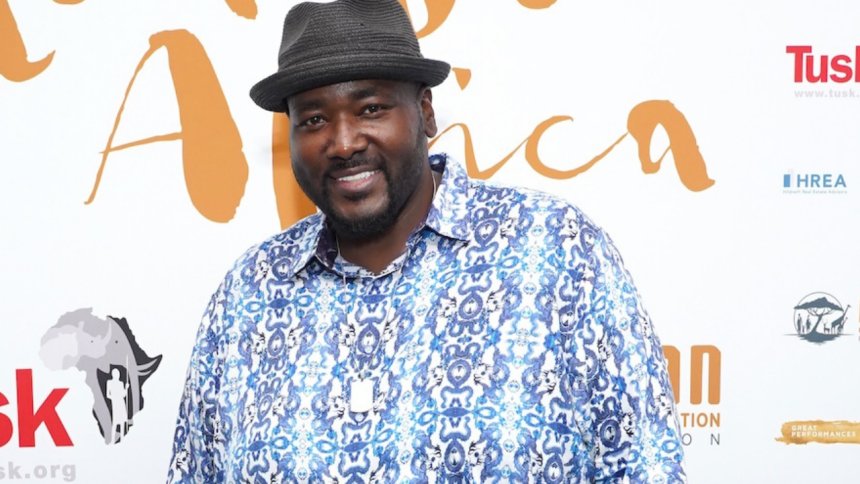
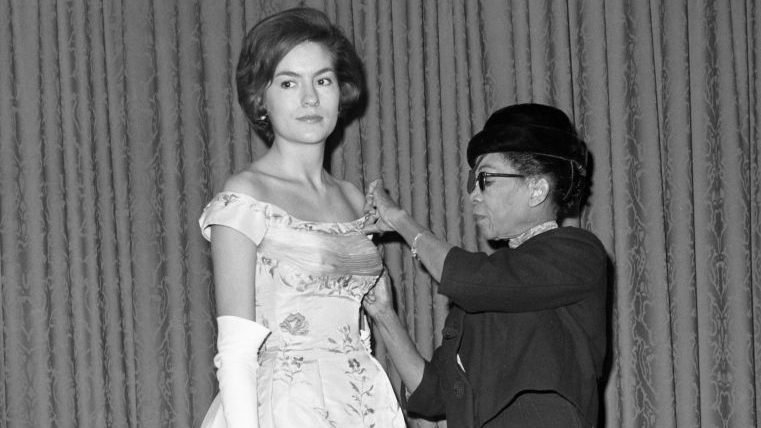
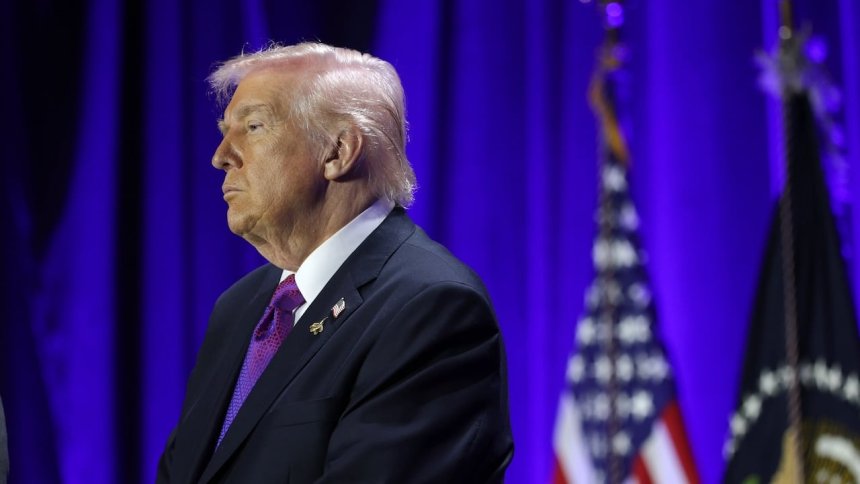










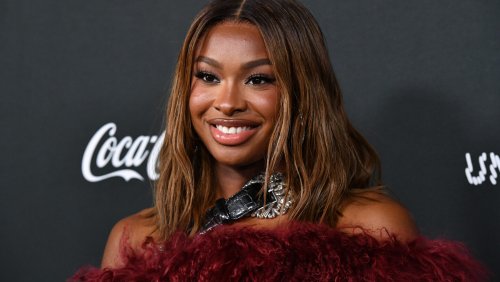
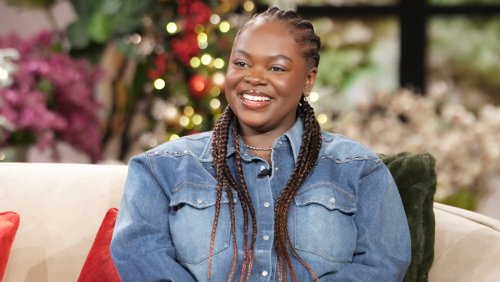
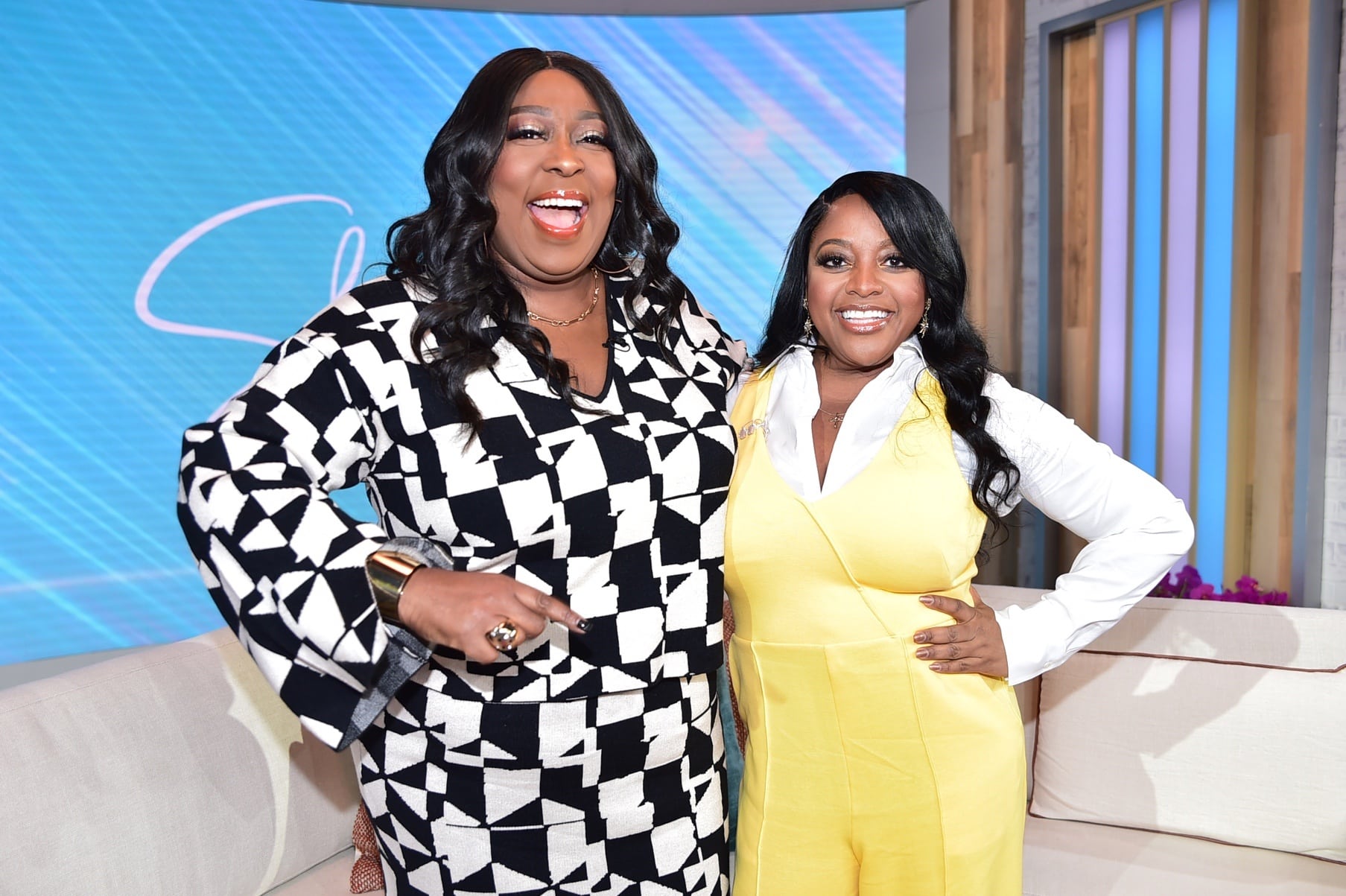
![Mariah Carey Sings in Italian & Belts ‘Nothing Is Impossible’ at the Winter Olympics 2026 Opening Ceremony [Video]](https://thatgrapejuice.net/wp-content/uploads/2026/02/mariah-carey-volare-2026-olympics-italy-nothing-impossible-1.jpg)
